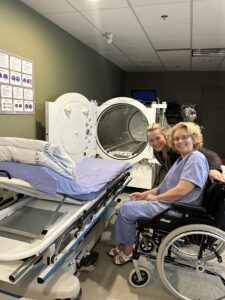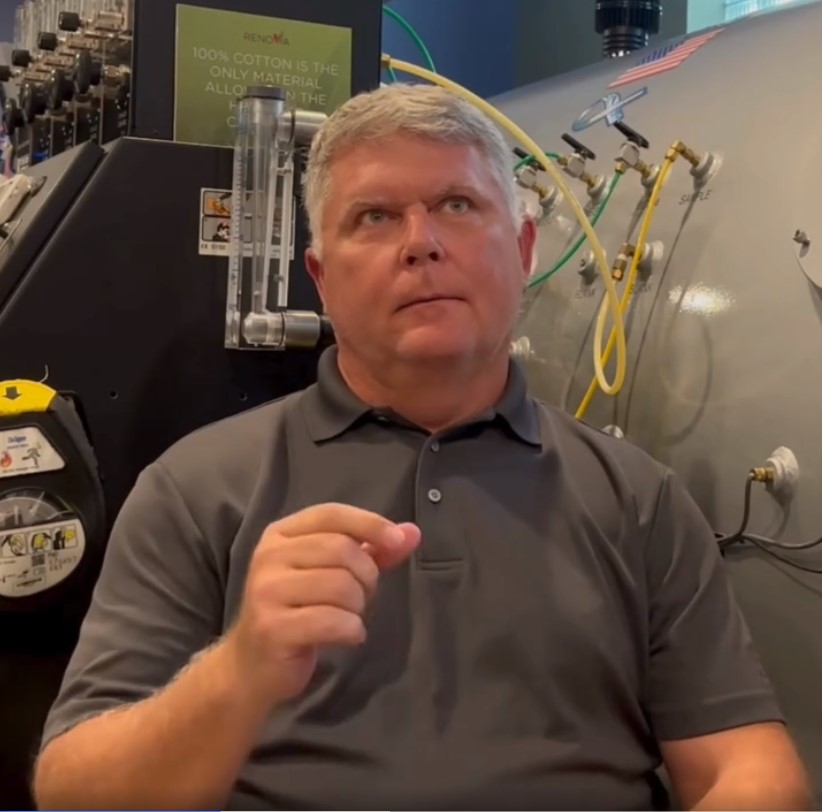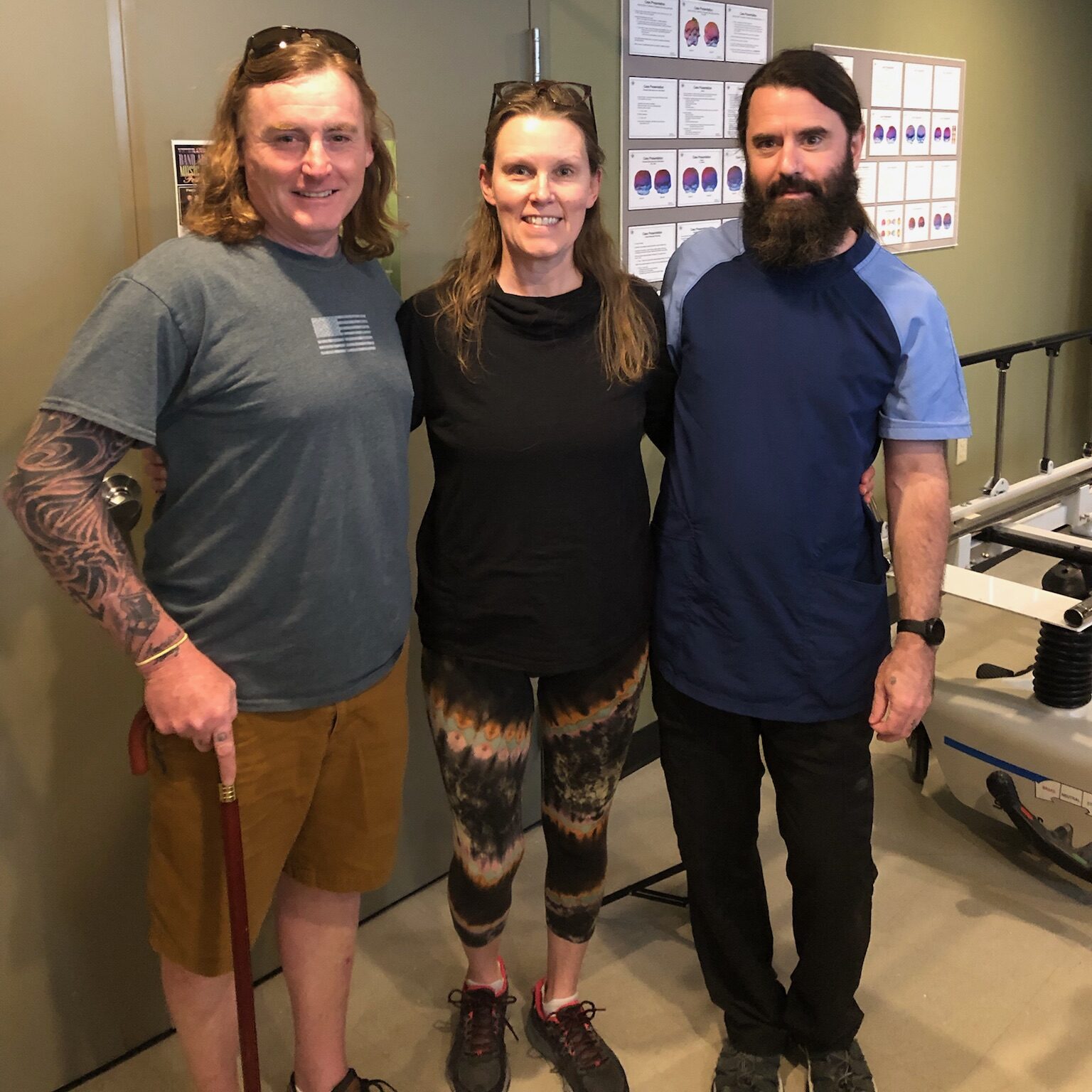Hyperbaric Oxygen Therapy (HBOT) for Multiple Sclerosis: A Promising Adjunctive Treatment
 Multiple Sclerosis (MS) is a chronic autoimmune condition affecting the central nervous system, leading to a range of debilitating symptoms. Although there is no cure for MS, various therapies aim to alleviate symptoms and slow disease progression. One such therapy that has garnered attention in recent years is Hyperbaric Oxygen Therapy (HBOT).
Multiple Sclerosis (MS) is a chronic autoimmune condition affecting the central nervous system, leading to a range of debilitating symptoms. Although there is no cure for MS, various therapies aim to alleviate symptoms and slow disease progression. One such therapy that has garnered attention in recent years is Hyperbaric Oxygen Therapy (HBOT).Lisa was diagnosed with MS 30 years ago. She first heard about HBOT from a friend who had read that people with MS undergoing HBOT were experiencing symptom improvement. “I have relapsing-remitting MS. I had numbness in my legs and hands and could not make a fist. Hyperbaric oxygen therapy made all that go away. The abdominal “MS grip” went away too,” said Lisa. “I did HBOT 5 days a week for 6 months and backed it off over time to where I now only have to do it twice a month to keep my symptoms at bay. Everyone’s body is different but I highly recommend it for MS. It has made a huge difference in my life.”
HBOT involves breathing pure oxygen in a pressurized room or chamber, allowing the lungs to take in more oxygen than normal. This increased oxygen supply is believed to promote healing processes in the body, making it an intriguing option for MS patients.
The rationale behind HBOT for MS lies in its potential to reduce inflammation, promote tissue repair, and enhance the delivery of oxygen to damaged areas of the brain and spinal cord. Studies have suggested that oxygen therapy may have neuroprotective effects, potentially slowing the progression of the disease and improving certain symptoms.
A 1983 clinical trial published in the New England Journal of Medicine indicated that HBOT significantly improved syptoms in MS patients. Research on the use of HBOT for MS is ongoing, with some studies reporting positive outcomes, including neuroprotective effects.
To find out out more about HBOT for multiple sclerosis, call 757-452-3934 to speak with our patient care coordinator to weigh the potential benefits against the risks. It’s crucial to approach HBOT as an adjunctive therapy rather than a standalone treatment for MS, as it is not a replacement for established disease-modifying therapies and symptom management strategies.
*Disclaimer: Information provided here is not to be considered medical advice. Hyperbaric oxygen therapy for non-approved, off-label indications is considered to be investigational.



